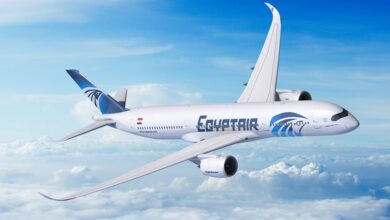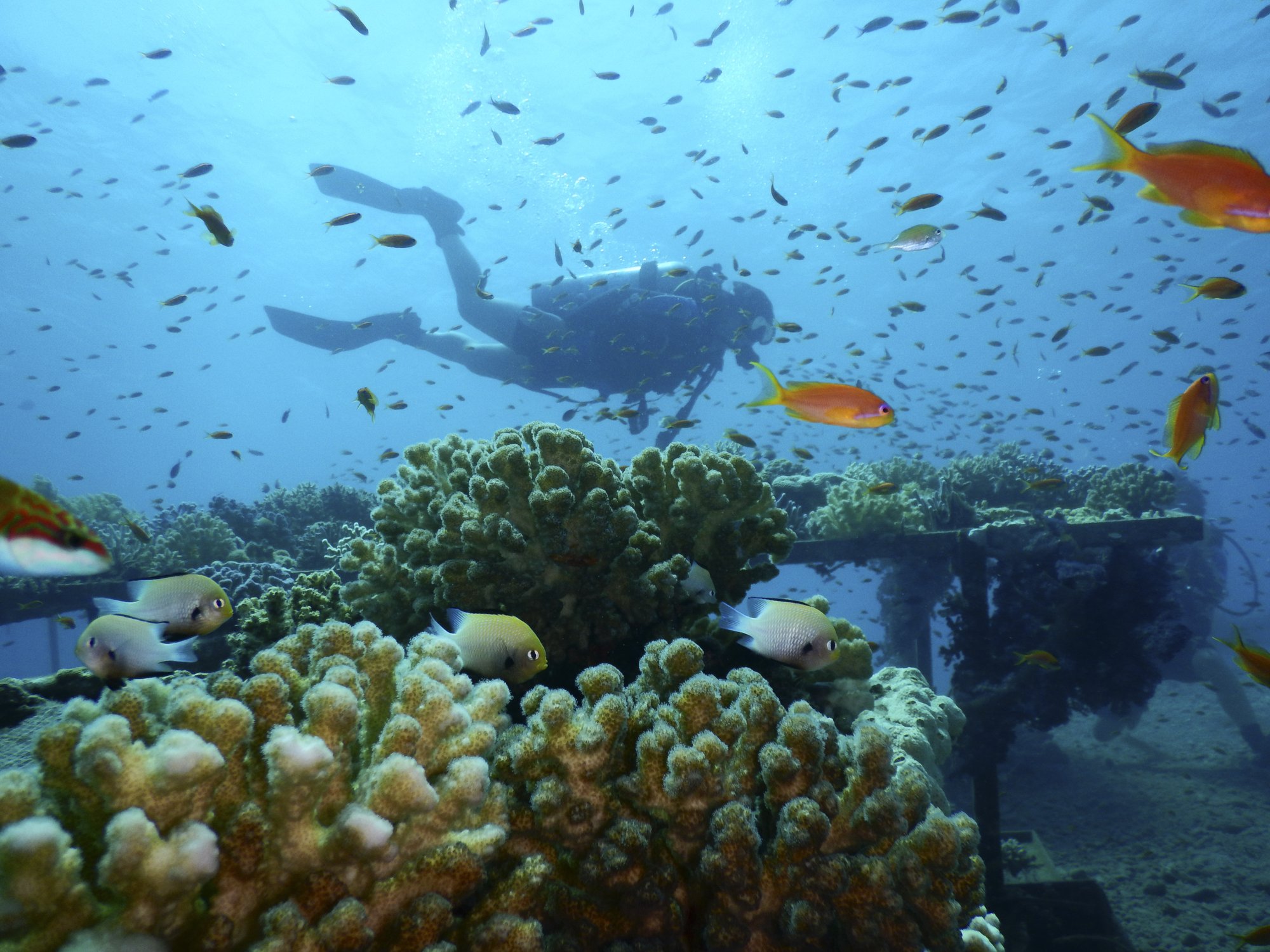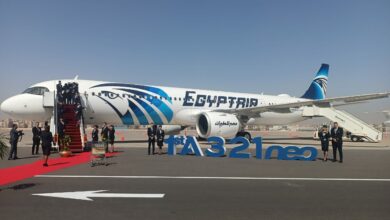Gulf Arab leaders meeting in Kuwait on Wednesday called for the withdrawal of all foreign troops from war-ravaged Syria and praised Iran's new government for its shift in policy.
The leaders of the six Gulf monarchies also approved the formation of a joint military command, but postponed a decision on a proposed union apparently over differences.
The declaration came at the end of a two-day summit in Kuwait City of the Gulf Cooperation Council led by Sunni-ruled heavyweight Saudi Arabia, the longtime regional arch foe of Shiite-dominated Iran.
Adopting a firm position on Syria, the GCC "strongly condemned the continued genocide that (President Bashar) al-Assad's regime is committing against the Syrian people using heavy and chemical weapons."
It called "for the withdrawal of all foreign forces from Syria," in a clear reference to Iran-backed Shiite militias from Iraq and Lebanon's Hezbollah movement which are supporting Assad's troops against Sunni-led rebels.
The GCC backed the rebels' position that Assad play no role in any political transition agreed to in talks scheduled for next month in Geneva, while urging the opposition to attend the meeting.
"Pillars of the Syrian regime whose hands had been stained by the blood of the Syrian people must have no role in the transitional government or Syria's political future," the oil-rich nations said in their closing statement.
The National Coalition, an umbrella opposition group also backed by the West, had agreed to attend next month's Geneva 2 peace conference under certain conditions, the exclusion of Assad from any transitional government.
On Tuesday, Coalition president Ahmad Jarba had urged the GCC "to tell the whole world that the Syrian regime will have no future in the country".
But brushing aside differences with Iran on Syria, the GCC praised the Islamic republic's overtures to Gulf Arab states
Call for concrete measures from Iran
The monarchies "welcome the new orientation by the Iranian leadership towards the Gulf Cooperation Council and hope it will be followed by concrete measures that would positively impact regional peace," said the concluding statement.
They also "welcome the interim deal signed by the P5+1 and Iran as a first step toward an inclusive and lasting agreement on Iran's nuclear programme that would end international and regional concerns."
Iran's Foreign Minister Mohammad Javad Zarif moved last week to assure Gulf states the nuclear deal was not at their expense and called for a new page in relations as he toured the region.
The tour followed comments by Iran's new President Hassan Rouhani who, when he took over from hardliner Mahmoud Ahmadinejad in August, said he hoped to bolster ties with neighbouring countries, especially those in the Gulf.
Like Western powers, Gulf monarchies fear Iran may develop atomic weapons under the guise of a civilian nuclear programme. Iran says the programme is for peaceful purposes only.
Ties between some Gulf states and Iran have also been strained over Tehran's support for Assad and a Shiite-led uprising in Bahrain.
This year's summit, attended only by the rulers of Qatar, Bahrain, and host country Kuwait, is also being staged amid differences over a Saudi proposal in 2011 to upgrade the GCC into a confederation, on which details were never disclosed.
At the weekend, Oman — which reportedly hosted secret talks that led to the Geneva deal with Tehran — threatened to pull out of the loose alliance if a union was announced, while Saudi Arabia, solidly backed by Bahrain, has insisted it is time to move ahead.
Wednesday's final statement said briefly that Gulf leaders had directed the ministerial council to "continue consultations" on the matter.
However, the Gulf Arab leaders approved creating a unified military command "as part of efforts aimed at strengthening security and stability" in their countries.
No details were provided on the structure or duties of this command.
The GCC states — Bahrain, Kuwait, Oman, Qatar, Saudi Arabia and the United Arab Emirates — formed the Peninsula Shield force in 1982 as a 5,000-strong force but has since expanded to more than 30,000 troops.




